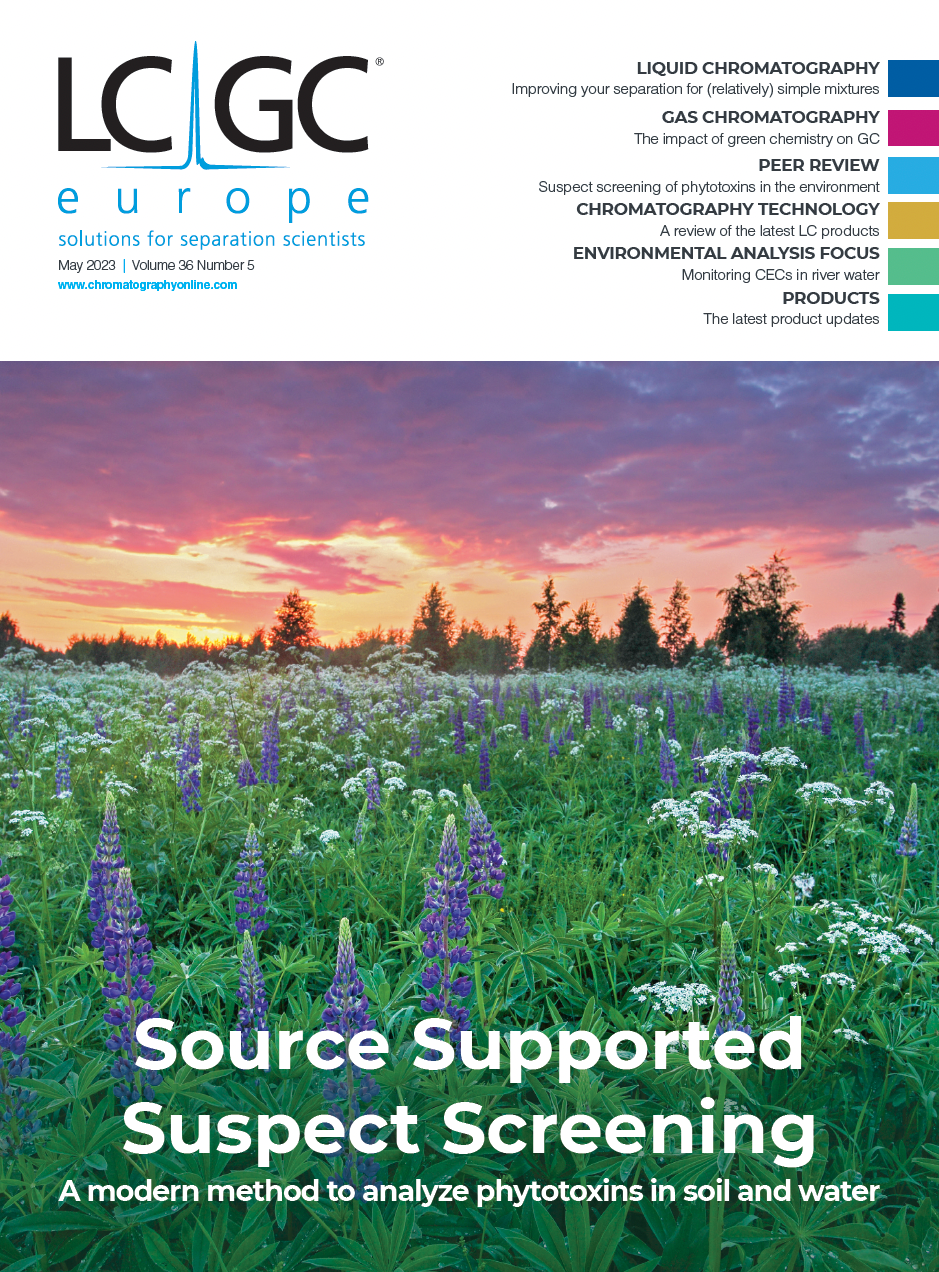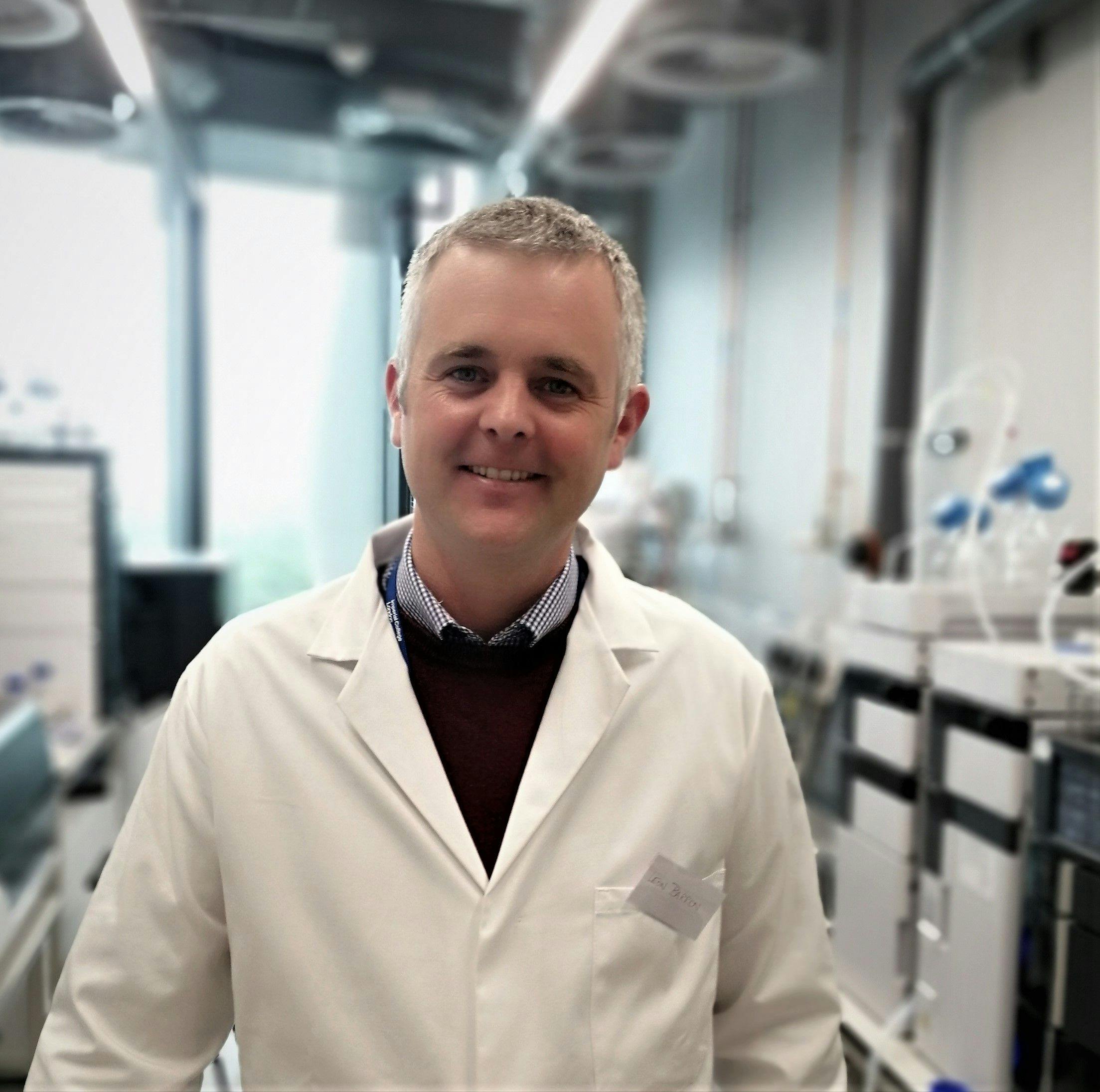Event: Emerging Separations Technologies 2023
The Chromatographic Society (ChromSoc) and the Separations Science Group of the Analytical Division of the Royal Society of Chemistry are pleased to announce Emerging Separations Technologies 2023 is to be held 24–25 May 2023, at RSC Burlington House, London, UK.
The meeting has been separated into six separate sessions spread across two days. Fabrice Gritti (Waters, USA), a previous ChromSoc medal recipient, will begin the day with a presentation on the development of vacuum-jacketed columns and future improvements in LC–MS. This will be followed by complementary talks by Simone Dimartino (University of Edinburgh, UK) on the development of 3D-printed devices, and Bert Vankeerberghen (Vrije Universiteit Brussels, Belgium) on novel Si-based formats to obtain perfect order in chromatographic columns—both interesting and novel approaches to improving column performance.
The second session will start with a presentation by Dave Bell (Restek/LCGC’s editor of Column Watch, USA) on the latest advances and trends in column and separation technologies. Jennifer Field (The Open University/Shimadzu, UK) will then discuss column characterization and method development strategies for 1D and 2D analysis of peptides.
The third and fourth sessions will address the challenges of targeted and nontargeted analysis covering a range of hot topics. This will include Giorgio Blom (AstraZeneca, Sweden) and Brunhilde Guessregen (Merck Group, Germany) on the challenges and latest developments in nitrosamine analysis and an overview of methods for their quantification, respectively.
Stefan Bieber (AFIN-TS, Germany) will kick off the second day and will present on the possibilities, advances, and current challenges in untargeted analysis. Martin Jones (University of Birmingham, UK) will follow on nontargeted metabolomics as a new approach methodology for toxicology and chemical risk assessment research.
The analysis of new modalities and biological therapeutics will be the theme of the fifth session. Valentina D’Atri (University of Geneva, Switzerland) will cover advances in the analysis of new modalities, including AAVs and bispecific antibodies, with Raphael Ewonde (Vrije Universiteit Brussels, Belgium) presenting on advances in mAb analysis and optimization of separations using HIC.
In the final session, Lewis Couchman (ASI Ltd/RSC SSG, UK) will provide an update on the progress in ultra-rapid bioanalysis by LC–MS. The final talk will be from Stef Molenaar (University of Amsterdam, Netherlands) on advances in the field of in silico retention modelling and method development (LC and SFC).
The important exhibition and vendor presentation programme will ensure this event will be both thought-provoking and well attended.
For further information on the meeting, submission of abstracts, or sponsorship, please visit: https://www.rsc.org/events/detail/76489/emerging-separations-technologies or https://chromsoc.com/category/events-news/

New Method Explored for the Detection of CECs in Crops Irrigated with Contaminated Water
April 30th 2025This new study presents a validated QuEChERS–LC-MS/MS method for detecting eight persistent, mobile, and toxic substances in escarole, tomatoes, and tomato leaves irrigated with contaminated water.
Accelerating Monoclonal Antibody Quality Control: The Role of LC–MS in Upstream Bioprocessing
This study highlights the promising potential of LC–MS as a powerful tool for mAb quality control within the context of upstream processing.
University of Tasmania Researchers Explore Haloacetic Acid Determiniation in Water with capLC–MS
April 29th 2025Haloacetic acid detection has become important when analyzing drinking and swimming pool water. University of Tasmania researchers have begun applying capillary liquid chromatography as a means of detecting these substances.
Prioritizing Non-Target Screening in LC–HRMS Environmental Sample Analysis
April 28th 2025When analyzing samples using liquid chromatography–high-resolution mass spectrometry, there are various ways the processes can be improved. Researchers created new methods for prioritizing these strategies.

.png&w=3840&q=75)

.png&w=3840&q=75)



.png&w=3840&q=75)



.png&w=3840&q=75)











